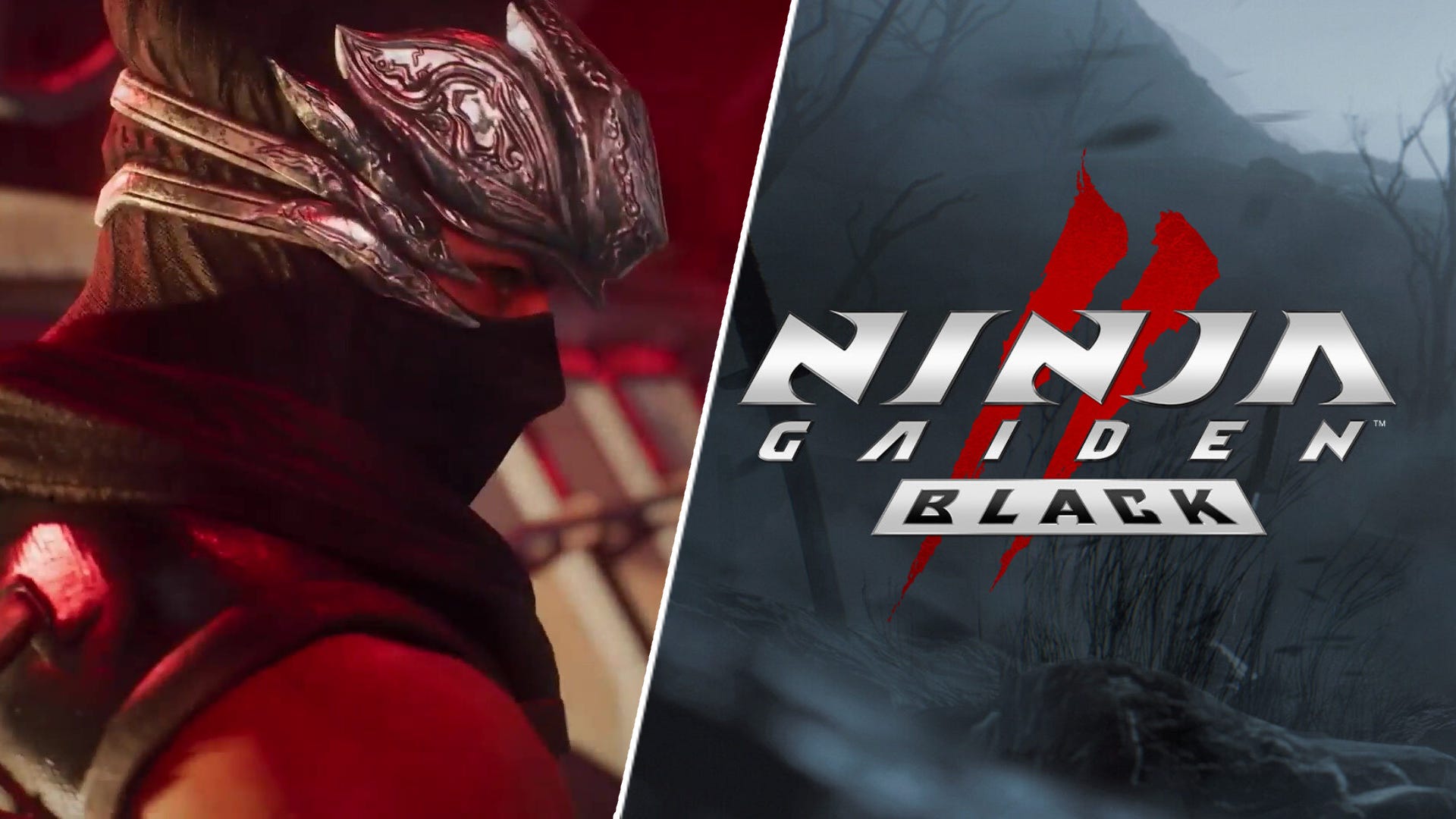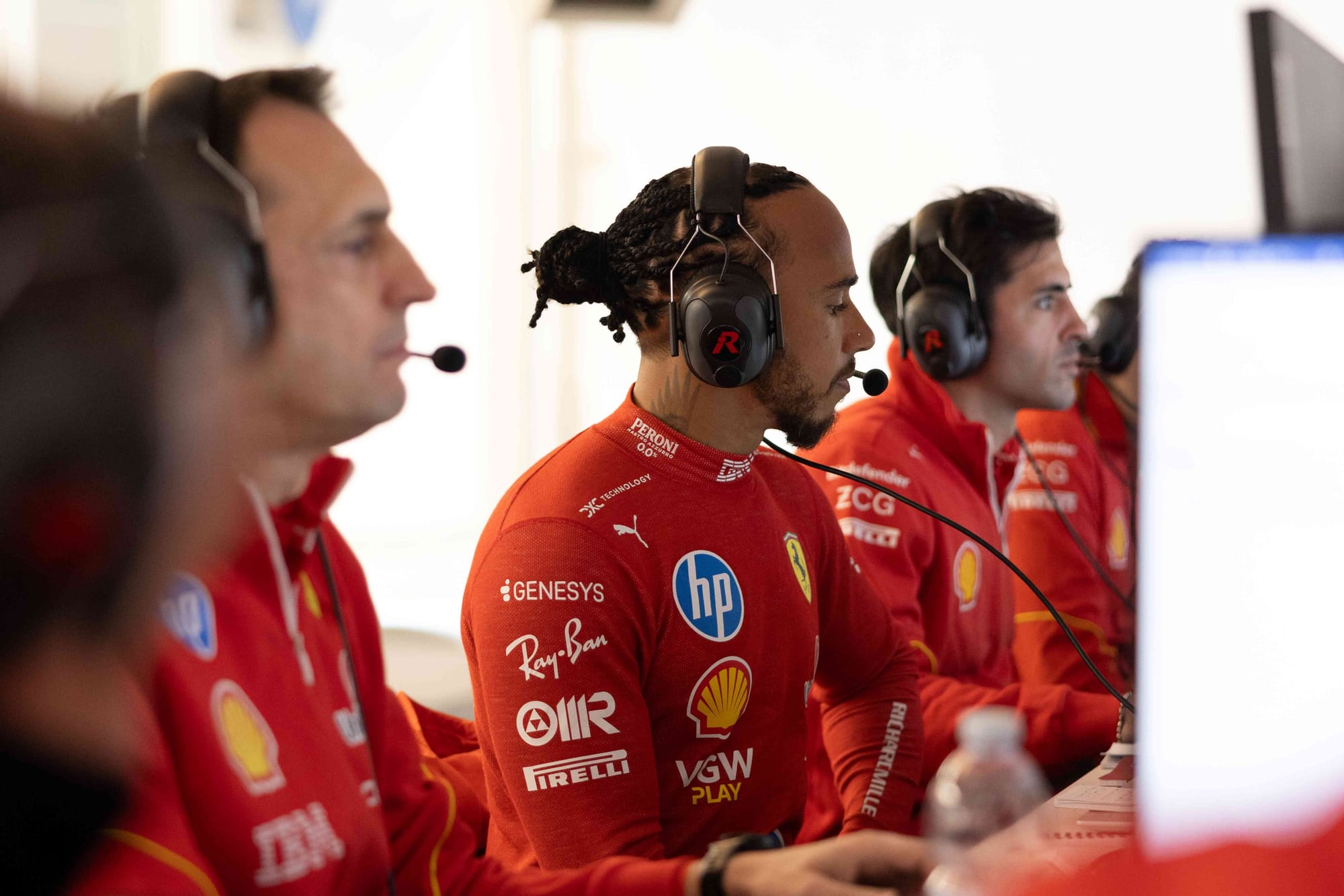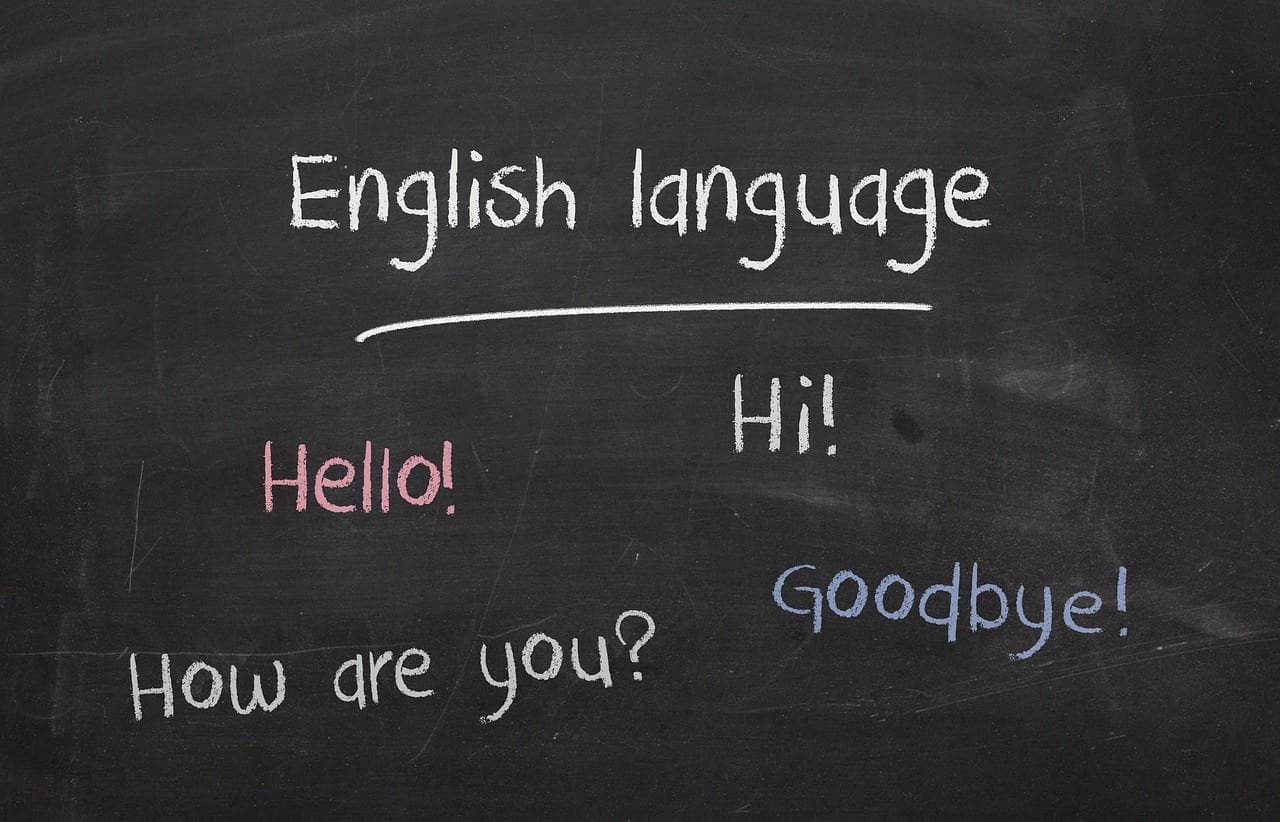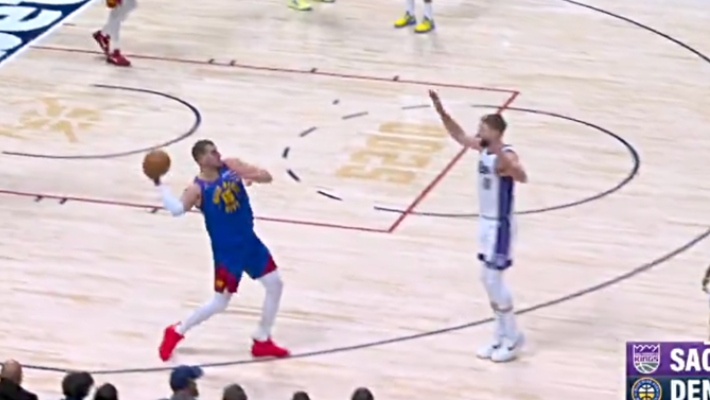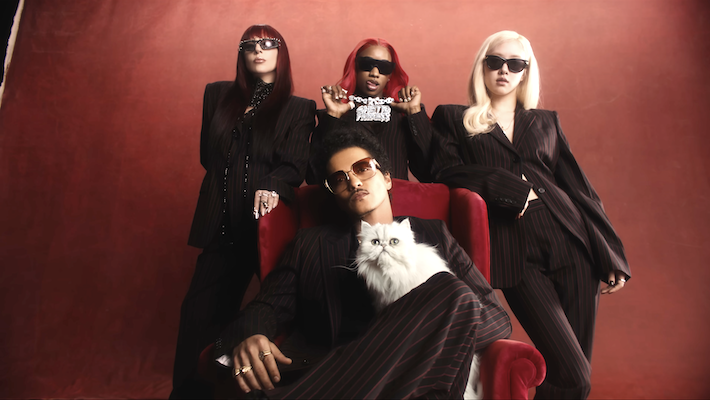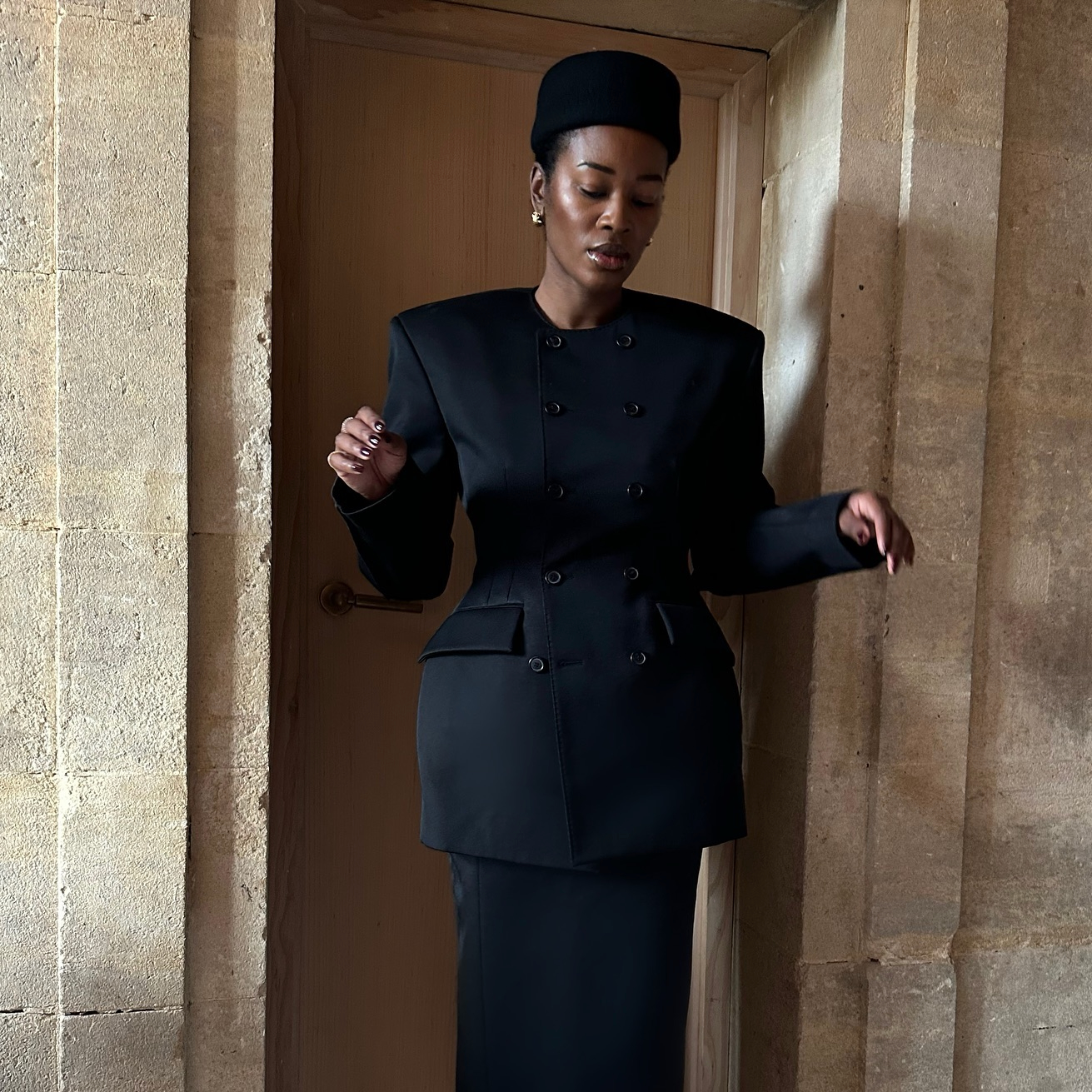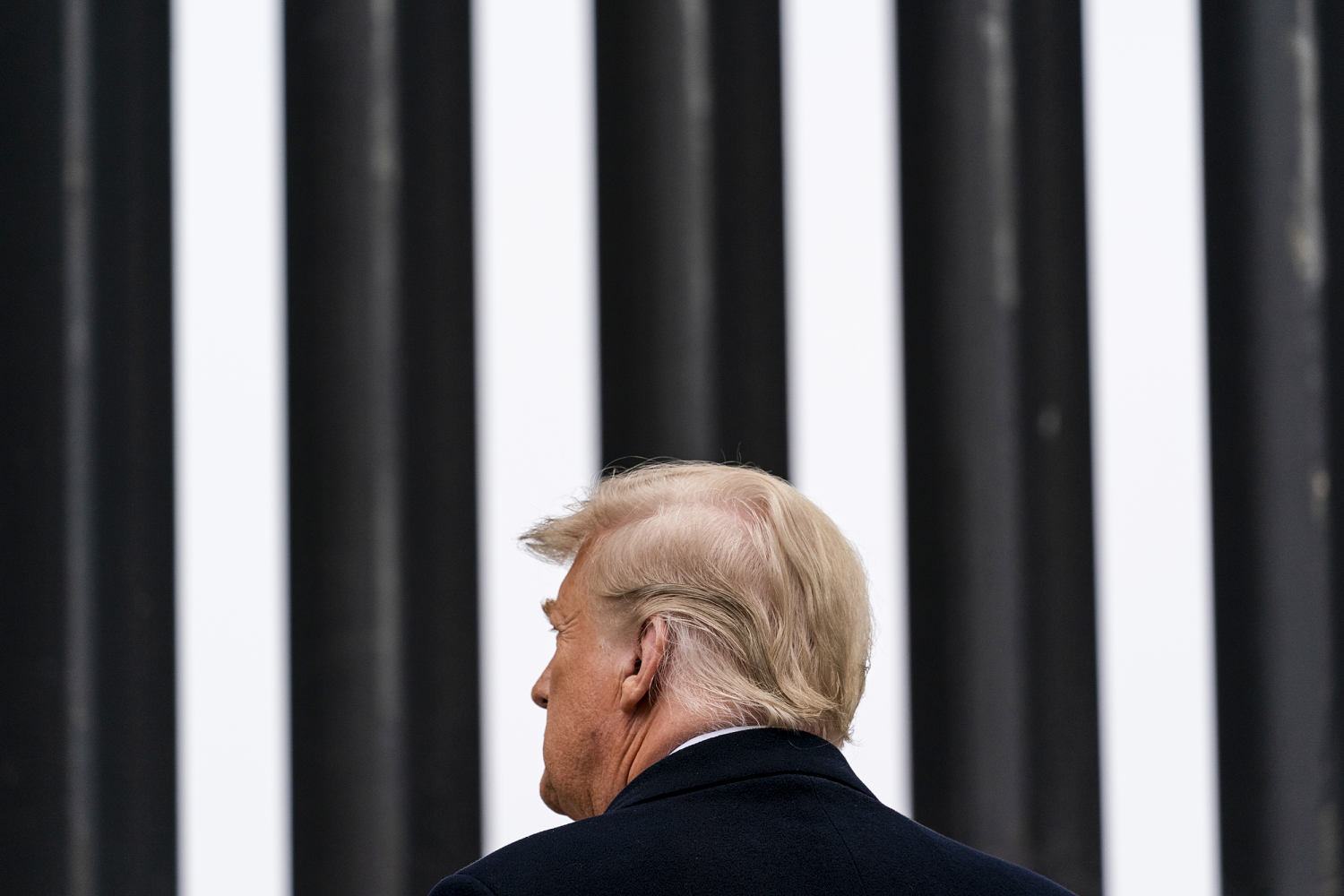The government power struggle at the heart of the TikTok ban
For now, TikTok lives to fight another day. But as this saga continues to unfold, it’s clear that the battle over its future has only just begun.

TikTok’s whirlwind weekend underscores the complexities of its future in the U.S. After temporarily blocking service to U.S. users, the platform announced on Sunday that it would be restoring access, thanks to assurances provided by Donald Trump.
In a post on X, TikTok stated, “We thank President Trump for providing the necessary clarity and assurance to our service providers that they will face no penalties providing TikTok to over 170 million Americans and allowing over 7 million small businesses to thrive.” TikTok’s bold statement also framed this development as a win for free speech, vowing to work with the incoming administration to secure the social media platform’s long-term future in the United States.
What we’re witnessing now isn’t just a reprieve for TikTok — it’s the opening act of what could be a prolonged and fierce battle among the branches of the U.S. government and the courts to determine its ultimate fate. As TikTok’s future hangs in the balance, the lines between national security, economic interests and freedom of speech blur even further.
The legal and political struggles surrounding TikTok reveal the deeper tensions between the executive branch, Congress and the judiciary. While the Supreme Court recently delivered a decision that many interpreted as a death knell for TikTok in the U.S., Trump’s intervention complicates this narrative. His assurances have temporarily shielded TikTok, but they also set the stage for ongoing legal and political showdowns.
This tug-of-war raises critical questions: Can the executive branch override judicial decisions regarding national security and commerce? How will Congress respond to this high-profile intervention? And will TikTok’s status in the U.S. ultimately depend on regulatory compromises, such as stricter data governance rules or forced ownership changes?
Such questions cut to the heart of the balance of power within the U.S. government. The executive branch’s intervention on TikTok’s behalf places it in direct tension with the judiciary’s authority, which could prompt a constitutional debate over the separation of powers. If Congress decides to legislate on this issue, it could further complicate matters, particularly given the divided political climate — bipartisan agreement on anything tech-related has long proven elusive.
As the debate plays out, TikTok’s ability to maintain its foothold will likely hinge on its willingness — and capacity — to comply with stricter requirements for data security and transparency. The company may face demands to relocate its data servers entirely to the U.S., submit to regular third-party audits, and sever any perceived influence from the Chinese government. However, even these measures might not satisfy some lawmakers or national security experts, leaving TikTok in a precarious position.
Still, the broader issue remains: What precedent does this set for the relationship between the U.S. government and major technology platforms?
If TikTok ultimately survives due to executive intervention or legislative compromise, it could embolden other tech companies to lobby for similar treatment when facing regulatory or legal challenges. Conversely, if TikTok falls victim to a total ban despite its efforts to comply with U.S. regulations, it may signal that even high-profile platforms are not immune to swift government action when national security concerns are at play. This ongoing battle may redefine how the government engages with tech giants, not just in the context of foreign influence but also in managing the domestic tech landscape.
Meanwhile, the competitive landscape of social media adds another layer of intrigue. Over the past few years, tech giants like Meta and YouTube have tried — and largely failed — to replicate TikTok’s explosive popularity. Platforms like Instagram Reels and YouTube Shorts have yet to meaningfully disrupt TikTok’s dominance, despite heavy investments in short-form video content.
TikTok’s temporary service disruption offered a preview of the opportunities rival platforms might seize if the app were permanently banned. However, TikTok’s cultural impact and unique algorithm have proven difficult to replicate. Its unrivaled ability to engage creators, influencers and small businesses gives it a near monopoly on short-form video content, even as other platforms attempt to lure its audience.
The reality is that TikTok has woven itself into the fabric of American digital culture and commerce. Even as competitors scramble to innovate, TikTok’s ecosystem of creators and small businesses continues to expand, further solidifying its position as a leader in the social media space.
What lies ahead for TikTok is less a question of “if” than “how,” and its ability to remain operational in the U.S. will depend on its capacity to navigate a labyrinth of regulations and scrutiny both domestically and globally. The platform may survive this initial round of legal and political battles, but the broader war will continue to test the limits of executive authority, judicial intervention and legislative oversight.
For now, TikTok lives to fight another day. But as this saga continues to unfold, it’s clear that the battle over its future has only just begun.
Aron Solomon is the chief strategy officer for Amplify. He has taught entrepreneurship at McGill University and the University of Pennsylvania.
What's Your Reaction?

































